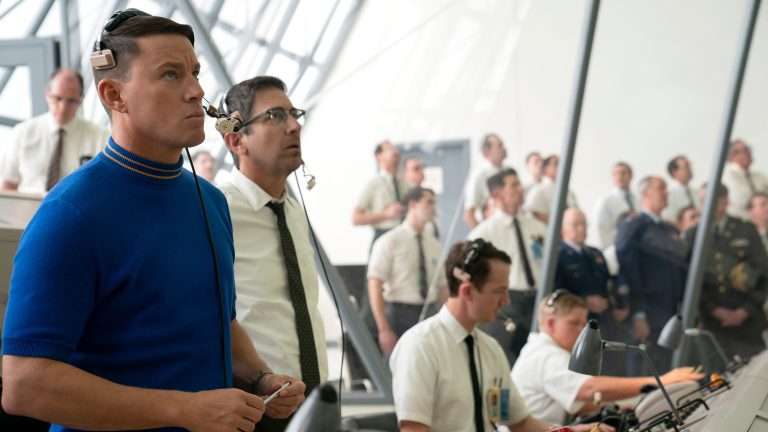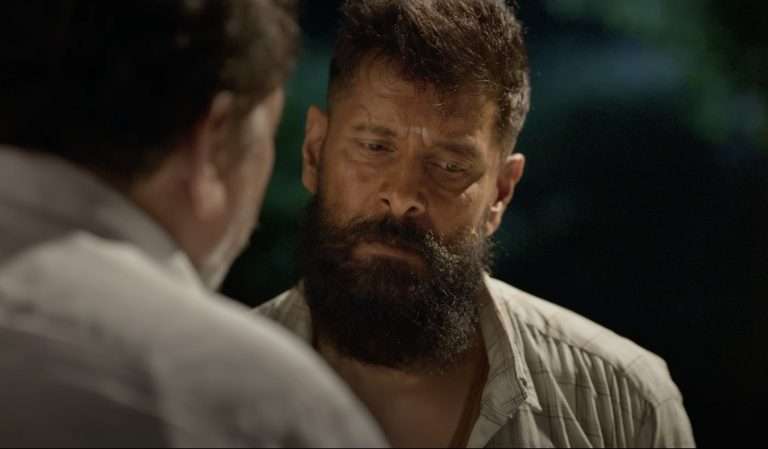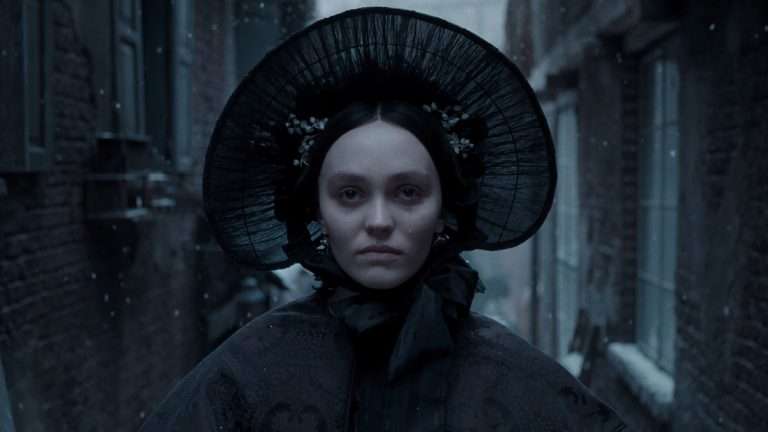Laws of Attraction (2004) Movie Review: The romantic comedy genre is beholden to a typical set of plot beats and characters. A classic film takes two diametrically opposing characters. It places a central conflict between them and puts them in a situation where they would naturally come together. The leading characters almost always have a love-hate dynamic that evolves through the sheer chemistry of the central players. It’s a standard setup, especially for a film in the genre released before the heyday of the post-modernist evolution of cinema. For a genre that had become easily formulaic by the 2000s, it’s pretty simple to make something enjoyable but nothing that is rather excitingly revolutionary.
Peter Howitt and his writers Robert Harling and Aline Brosh McKenna do not necessarily challenge themselves with the “Laws of Attraction.” What the writing does special is stage this marriage of standard plot beats into the high-pressure environment of the court of law. Audrey Woods (Julianne Moore) and Daniel Rafferty (Pierce Brosnan) are famous divorce attorneys battling it out for supremacy in New York courts. Always found on the opposing ends of their clients’ arguments, both lawyers share differing views on the legal system and divorce.
For Audrey, her practice at a high-end firm is everything. She fights by the book for the client’s best interest. While she believes divorce is the final option, she also understands it is necessary to the ever-changing dynamic in human relationships. Contrary to her, Daniel takes on a maverick approach to his practice. He is willing to dig deep, play dirty, and turn cases on their head with his unpredictable style. Daniel’s work as an attorney is, at the end of the day, only a job. In truth, Daniel firmly thinks that divorce is a ridiculous joke. Despite his cavalier nature, Daniel is a romantic at heart and sees divorce as an option taken by those unwilling to fight for what they love.
He plays rough, whereas she decidedly keeps things clean. At the same time, he believes in the institution of marriage, but she does not. There’s enough meat on the bones to create magic out of their conflict. All the film then needs, like any good romantic comedy, is a sizzling leading pair. “Laws of Attraction” finds this in its leading actors, Pierce Brosnan and Julianne Moore. Moore has the more challenging task of the two, as the writing positions Audrey as a conflicted woman who can’t get out of her own way. Her rigid nature fights the spirit with which she embraces the central romance once she allows her inhibitions to fly.
There’s a slight psychological edge the writing adds to her reasoning. Audrey’s mother is once famed beauty queen Sara Miller (Frances Fisher). Sara is so desperate to cling to youth that she refuses to let Audrey publicly address her as a mother. It’s one of the many running gags the writers pepper throughout the film. Audrey has seen her mother’s revolving door of divorces, and somewhere it affects her.
In many ways, the film acts like the classic tale of pride and prejudice or even the taming of the shrew. Audrey has to open herself up to the potential of love. Enter Daniel. Brosnan’s character doesn’t have much of an arc in comparison, but it works to his talents. The actor is in fine form playing off Moore’s strict and feisty attorney. He’s charming, just bordering on smarmy, and displays a delightful heart when the narrative veers into the romantic side of the territory.
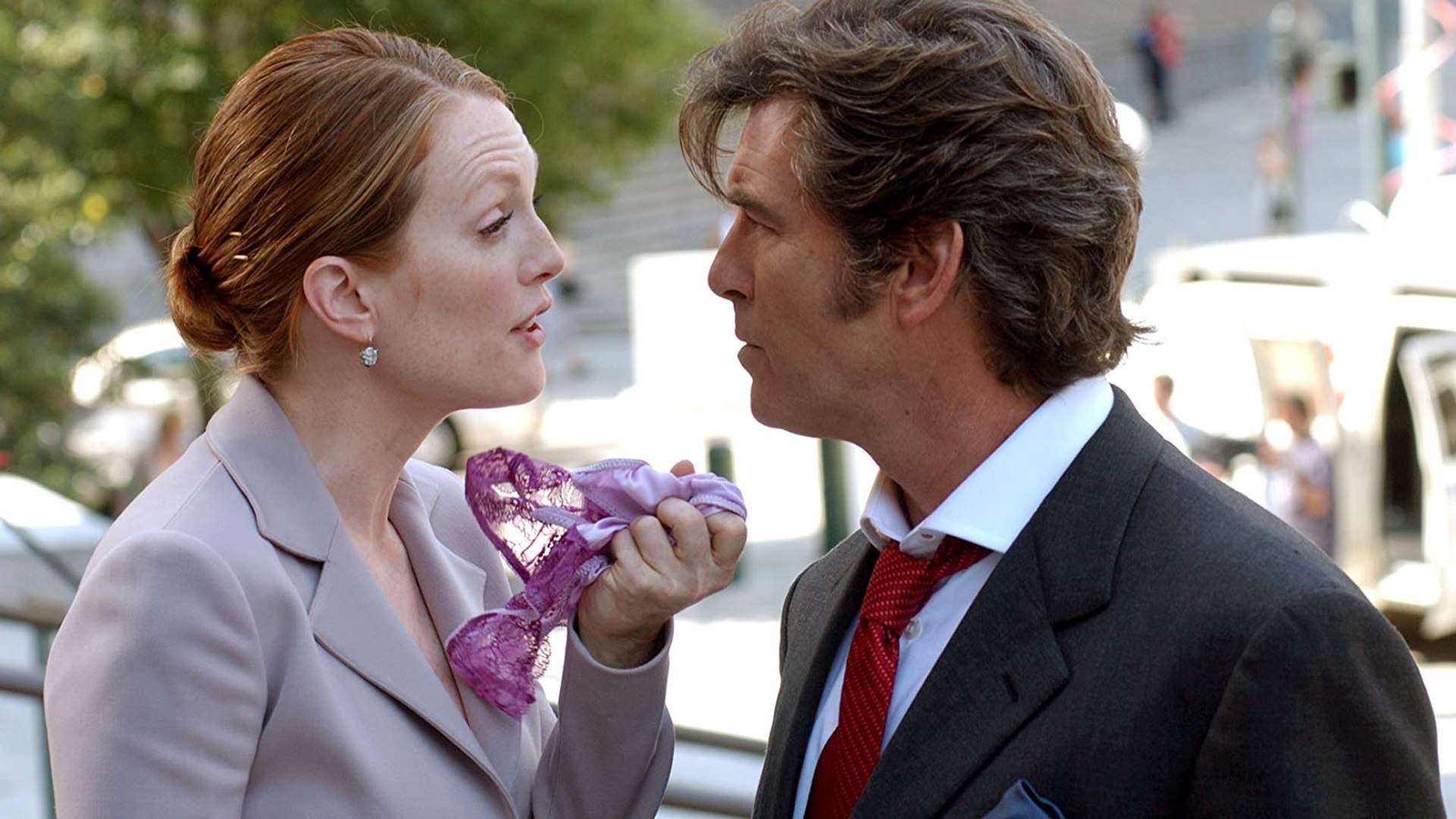
The film’s structuring is typical in developing this central romance, chaptered in a way that the editing feels invisible but paces the plot just right. After their first clash, the two protagonists are wary of each other. The games escalate to the point of testing their initial chemistry, ending with them sleeping together. Their amorous exploit becomes a bubbling conflict with their first case against each other. There’s a subtle bit of foreshadowing and layering to the court scenes as each character’s traits come to the fore.
After this first battle, they continue to make waves in the New York legal scene. As expected, the editing is littered with montages to chart the evolution of their dynamic. The narrative follows them as they trade wins in the court until a big divorce case lands their way. Despite operating differently, the writing subtly threads their similarities in being unable to vocally go for what they want.
To parallel this, the narrative arrives at the point of their big legal battle between Thorne Jamison (Michael Sheen), a famed rock star, and Serena (Parker Posey), a famous fashion designer. Everything in the screenplay is neatly laid out to contradict the wildness of these clients, with their representatives struggling to come to terms with their own relationships. Every single beat of the film is neatly arranged to elevate the tensions. Audrey and Daniel realize their clients are fighting for only one thing: their castle property in a village in Ireland. This shifts the scenario to Ireland, where the two assess the property and determine who has the better claim to its ownership.
Of course, the setting, Audrey’s misgivings of the culture, and the running joke about the Irish force the two to work together. Moreover, the village’s legend about a forbidden romance spurs the protagonists closer together. Each of the elements of the film is thrust towards the most cliché of conflicts and coming together of the love story. Inadvertently, the duo gets married while drunk. Convenient plot beats converge to force the two to act as if their marriage isn’t a sham and protect their careers as legal counsel. Once more, the peppy music and editing rush through this change in fortunes, as staying together makes them confront the possibility of being happy together. Yet, as the situation regarding the legal case gets messier, their relationship is tested. All of this climaxes in an archetypal chase and reunion when one of them, in this case, Audrey, realizes love was always there.
Undoubtedly, it’s a ball of saccharine clichés with just enough humor, yet what needs to click truly does. The chemistry between Moore and Brosnan is spicy with just enough sweetness. While Audrey can become grating as a character, Moore reins in the performance, especially as she lets loose during the romantic scenes, building the central chemistry. Brosnan, as aforementioned, is the shining light, far more compelling in the sequences that ask Daniel to showcase his softer side. It’s surprisingly close to his performance portraying James Bond, with a deeper well of vulnerability and honesty.
The writing of “Laws of Attraction” on the surface functions well enough. However, the dialogue definitely required a greater punch. Aside from the leading pair, that is what’s needed to turn a good romantic comedy into a great one.

![Kriya [2021] Review – A Film That Loses To Its Own idea](https://79468c92.delivery.rocketcdn.me/wp-content/uploads/2020/09/Kriya-Movie-Review-highonfilms-2-768x467.png)
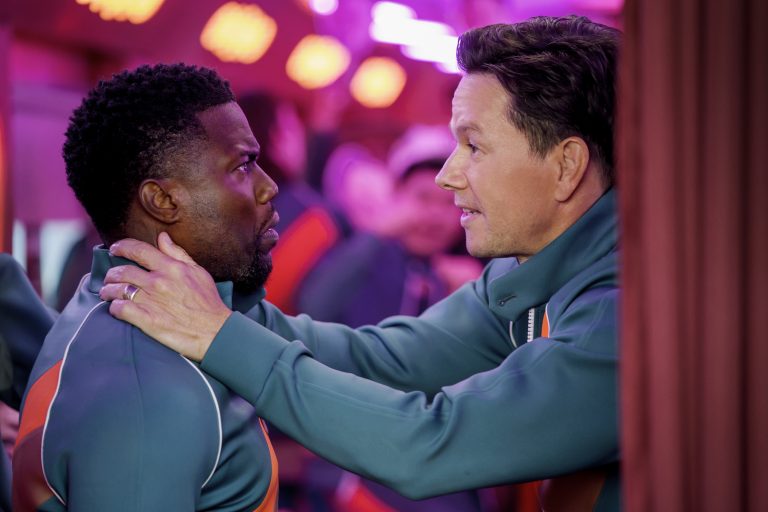
![Jurassic World: Fallen Kingdom [2018]: Has Just Enough Bite](https://79468c92.delivery.rocketcdn.me/wp-content/uploads/2018/06/jurassic-world-2-2-768x321.jpg)
